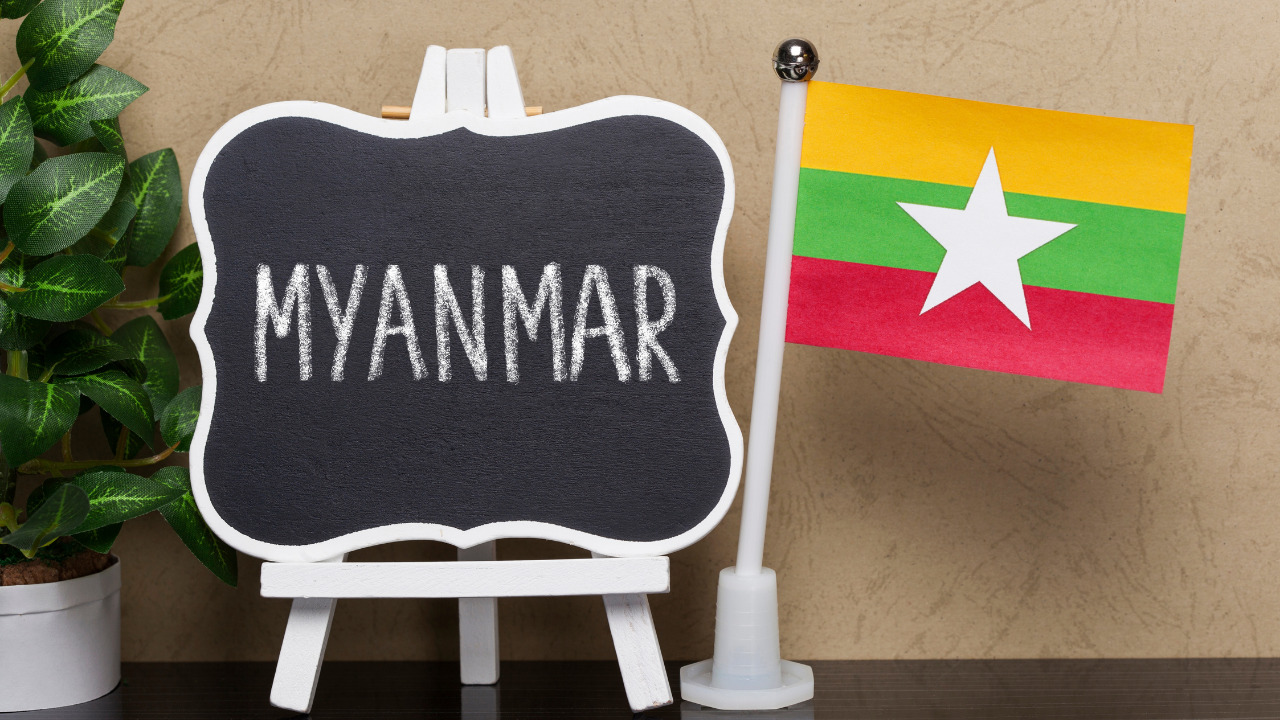Date first published: 03/02/2022
Key sectors: all
Key risks: internal conflict; civil unrest; protests; sanctions; business risks
Risk development
1 February marked the first anniversary of the coup d’état in which the military seized power hours before the newly elected parliament was set to convene on 1 February 2021. Opponents of military rule marked the anniversary by staging nationwide ‘silent strike’ and protests despite tight security in urban centres and warnings from state media that protesters could face life imprisonment under the Counter-Terrorism Law. The anniversary also drew international attention as the United States (US), Canada and the United Kingdom (UK) imposed fresh coordinated sanctions against military officials and military-backed entities. On the same day, at least six bombings and attacks were recorded in Yangon, Techileik and Myitkyina, where at least two people were killed and 38 others were injured.
Why it matters
Since General Min Aung Hlaing deposed the civilian government led by Aung San Suu Kyi and charged her and other senior officials from the National League for Democracy (NLD) with numerous offenses, brutal repression of opposition has killed some 1,500 civilians in the past year – although the real number is likely to be much higher – and more than 11,000 people were arrested, charged or jailed. Despite resorting to increasingly extreme violence, the military regime has been unable to consolidate control of the country. As of January, more than 400,000 people have been displaced as the military targeted civilian populations in an attempt to root out resistance and suppress its opponents.
Under military rule, the economy – already disrupted by the COVID-19 pandemic – further deteriorated with the World Bank forecasting an 18 per cent contraction in 2021. Thousands of civil servants have refused to work for the military, crippling the public sector. Meanwhile, the public, with some taking up arms, has advanced new ways to defy the military including boycotts that further deprive the regime of revenue.
Moreover, the international response since the coup has been lacklustre at best, with the UN Security Council unable to act beyond rhetoric condemnations without undermining the economic interests of its permanent members. The West has imposed various rounds of unilateral sanctions targeting military-backed companies and officials, while Asian countries including Japan, South Korea and Singapore have largely refrained from imposing any punitive measures due to concerns over implications on their respective businesses. That said, a number of international firms such as Kirin Brewery, Telenor and Total have announced plans to divest from Myanmar in recent months due to increasing reputational risks and allegations of supporting the military with foreign currency.
Background
The military ousted the NLD government on 1 February 2021 due to alleged voter fraud in the November 2020 general election – an allegation rejected by international observers. Widespread nonviolent demonstrations ensued, but armed resistance arose after protests were put down with lethal force.
Risk outlook
Myanmar is likely to face widespread violence and political turmoil for the foreseeable future. Increased cooperation between civilian resistance fighters and various ethnic armed groups would certainly prolong the civil war although they would likely find it incredibly difficult to topple the military regime. Meanwhile, the military will continue to alienate most international investors given that Myanmar is now a high-risk environment, particularly for big infrastructure projects. China is likely to remain one of the few foreign partnerships, with Beijing and the military seeking a new mutually beneficial way to co-exist despite a historically complicated bilateral relationship.



